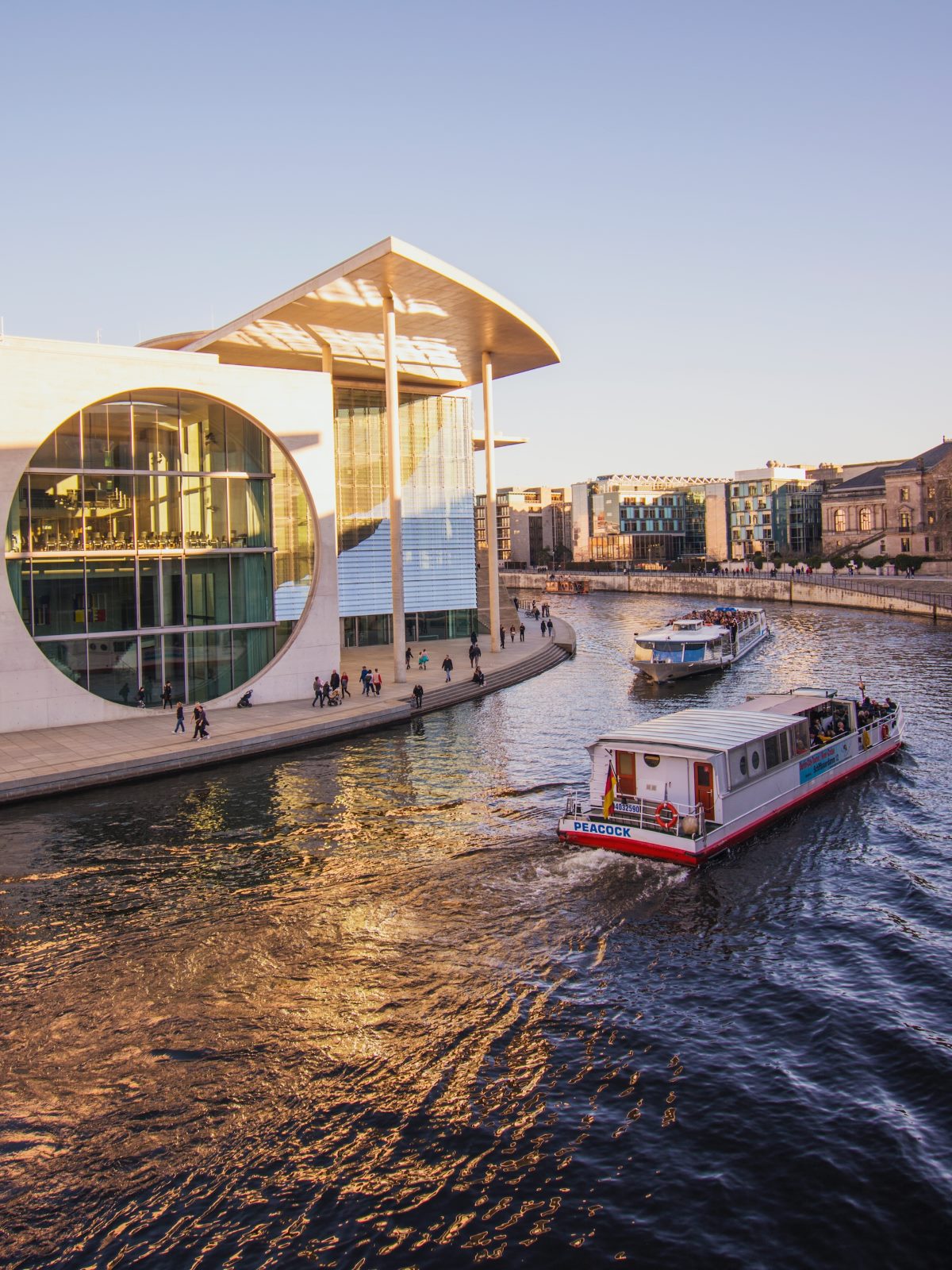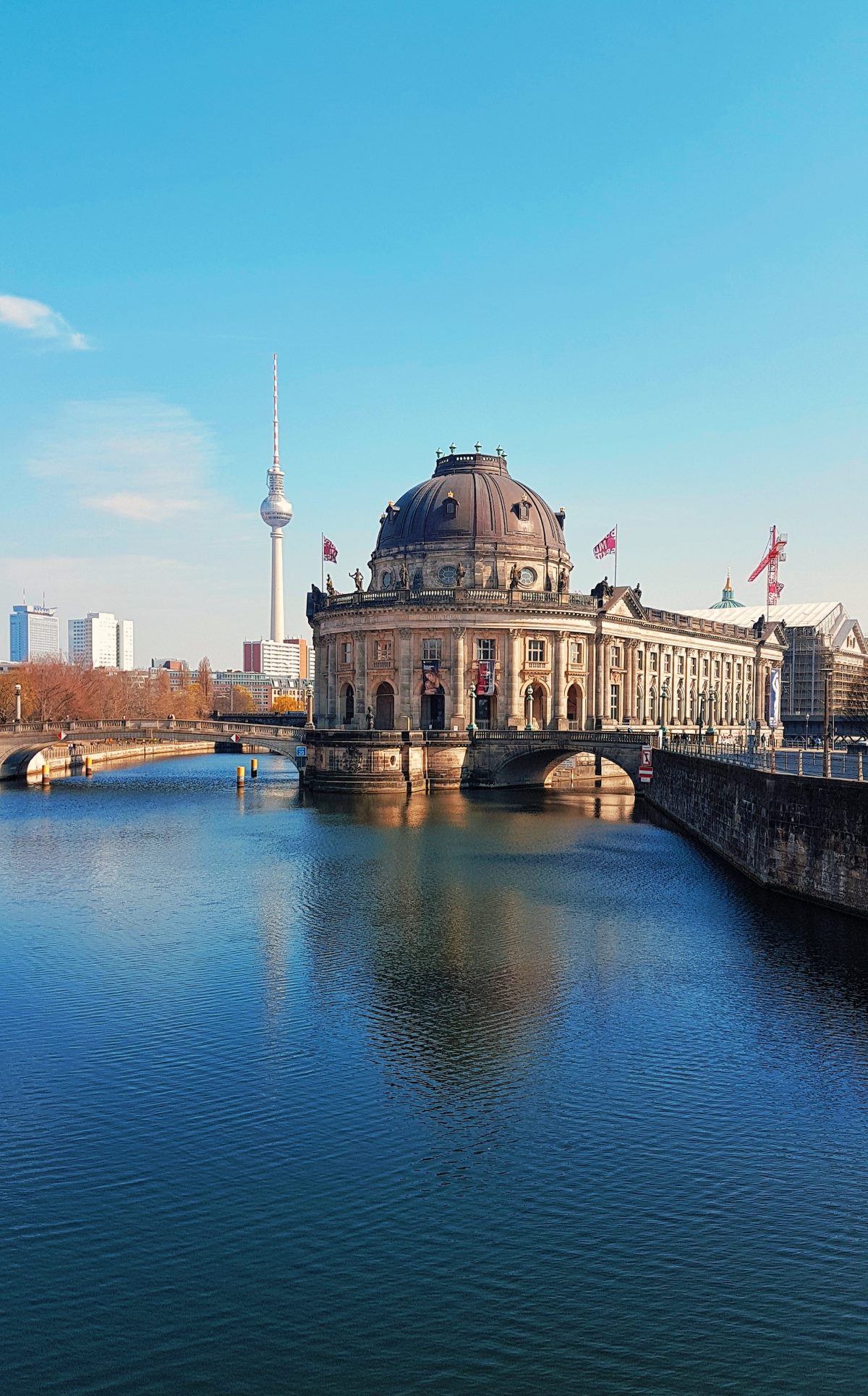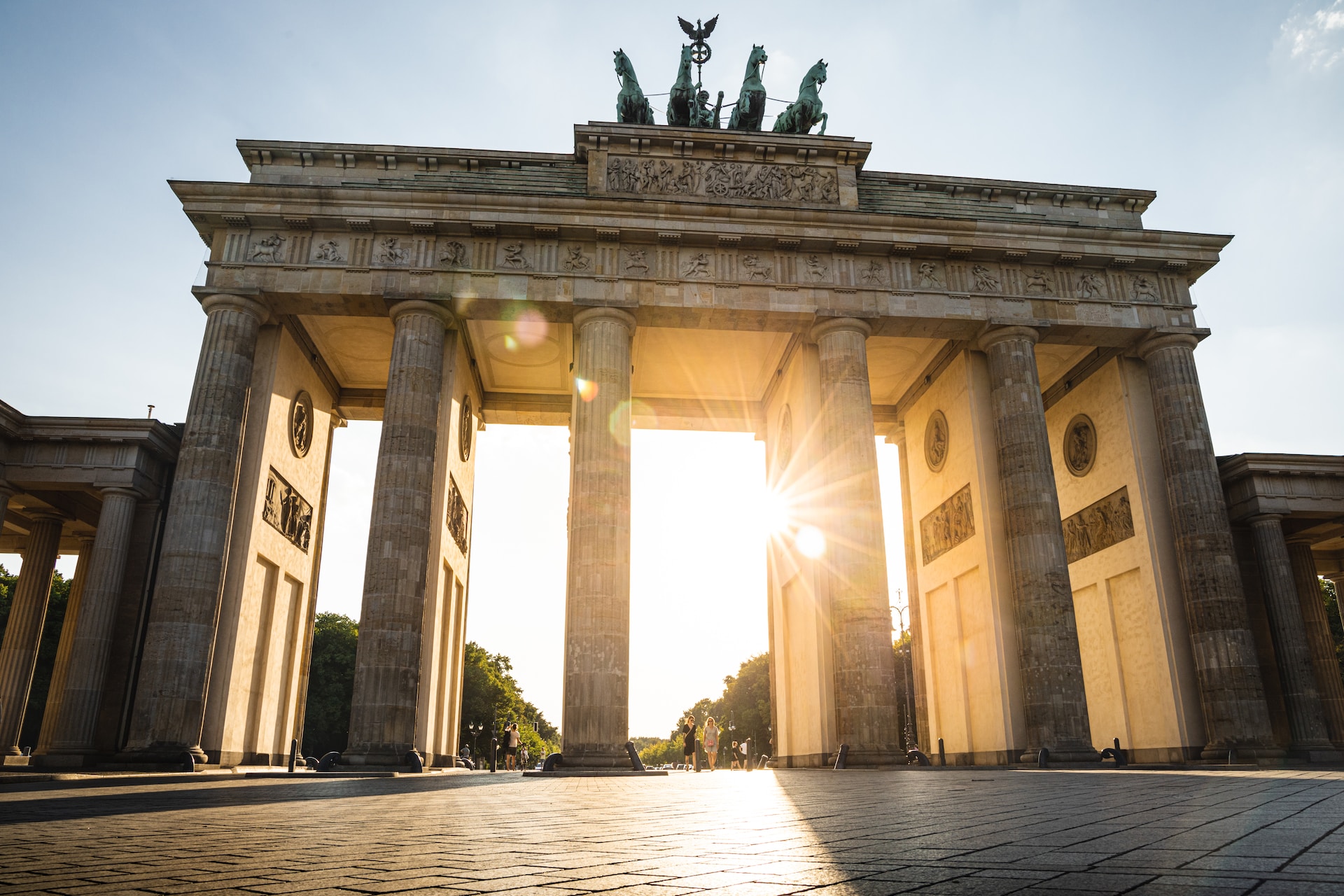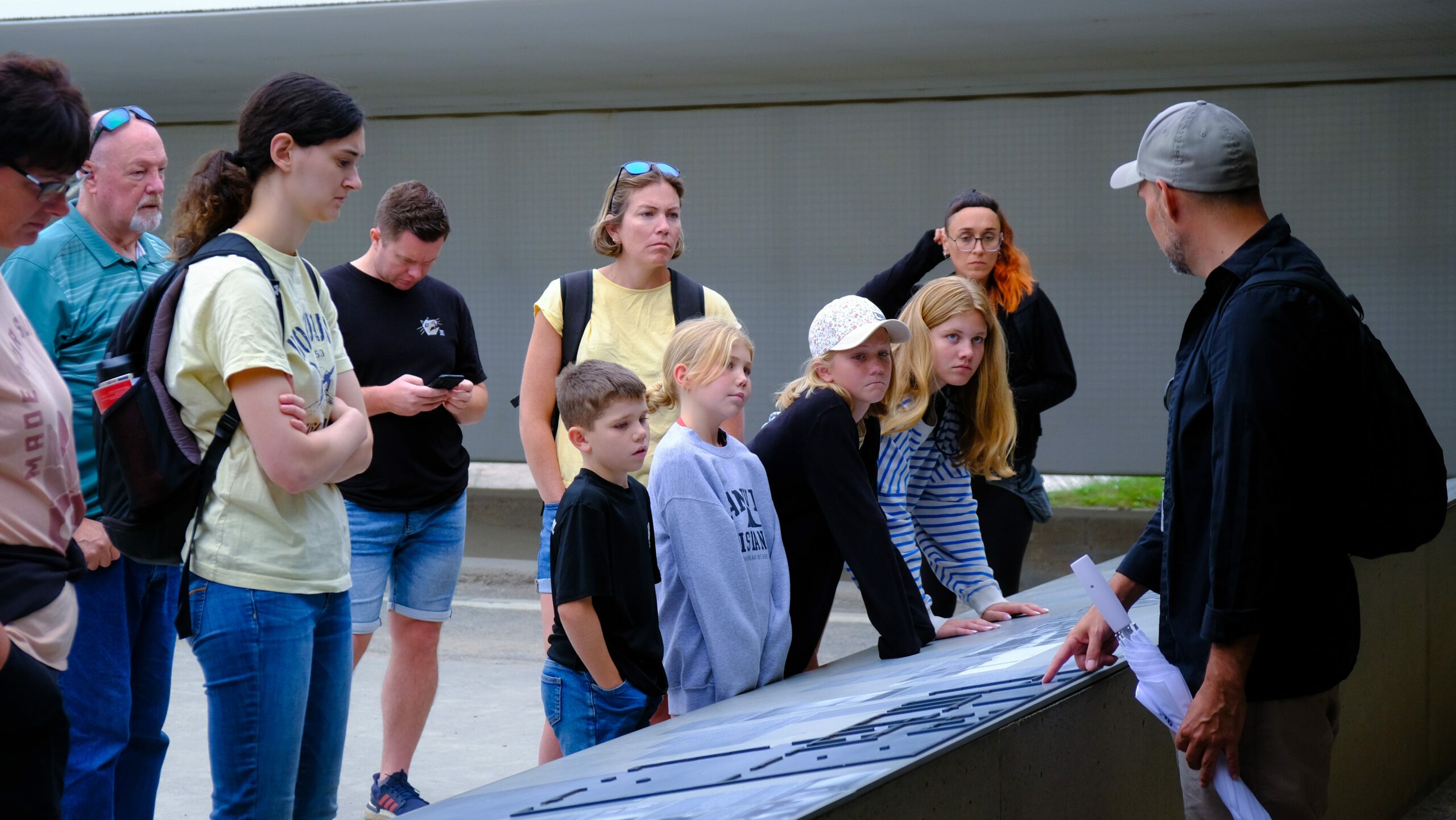The Berlin Wall was an icon of division of Europe and it separated East Germany from the West Germany in the Cold war period. This bar was built by the German Democratic Republic (GDR) and under the backing of the Soviet Union and had a political, social and economic impact. In this part of the blog I will discuss the response of the Soviet Union to the construction as well as the coming down of the Berlin Wall.
The Construction of the Berlin Wall
This wall was constructed by the GDR on the twentieth of August in the year 1961 to prevent the tide of defectors from East into West Germany. Thus although it was the GDR that undertook the construction, it could only do so with the backing / IMF from the Soviet Union.
acting as a dominant power of the Eastern Bloc, the Soviet Union needed the wall, as it was capable of preventing more qualified specialists and intelligentsia from emigrating to West Germany. By slowing down the population’s mobility and free movement, the Soviet Union sought to prevent the establishment of ties with a post-Communist regime of its choice.
The Soviet Union’s Official Response
The East Germany, owned by the Soviet Union was always ready to defend the construction of the barrier as seen after the construction of the Berlin Wall. It was painted by the Soviets as an anti-fascist protection against imperialism and other aggressiveness from the west.
The construction of the wall was defended by the Soviet Union as well as East Germany because it would prevent the corruption of the socialist system by the elements of the West. They insisted that West Berlin, being a capitalist island surrounded by East Germany, was a constant source of threat to socialism within the Eastern Bloc countries inclusive of USSR.
Control and Surveillance
This paper focuses on the contributions made by the Soviet Union in monitoring and monitoring of the construction of the Berlin Wall. The KGB, that is, the main security agency of the Soviet Union never left the wall’s vicinity because they always ensured that no one crossed it illegitimately. The border patrols of East German used the Soviet advice and instruction to monitor the border passes stringently.
In addition, the Soviet Union assisted East Germany by supplying advanced security equipment including surveillance equipments to the authorities. This help strengthened the GDR ability to monitor signs of evasion attempts and regulate the conduct of the individuals in the cut off city.
The Fall of the Berlin Wall
The statistics above shows that the pressure from people within and outside the bloc’s countries forced the management to bring down the Berlin Wall in 1989. It was this event that signified the starting point of the process leading to disintegration of the Soviet Union in East Germany.
When the first signs of the protest meetings began appearing in Eastern Europe the leaders of the Soviet Union could not believe what was happening to them Most of the Soviet leaders failed to understand the role that the increasing demand for change was going to play in bringing about change in that part of the world. This was seen when the Soviet leader Mikhail Gorbachev took power and he did not interfere and accepted the free choice of the people.
The Role of the Soviet Union in Reunification
Thus, the break of the Berlin Wall and German reunion was the key event which the Soviet Union fostered. This was due to the fact that Gorbachev did not oppose to the idea of negotiations with the West and he in fact encouraged political glasnost.
Despite the fact that few years before the Soviet Union had a number of concerns with regard to united Germany joining NATO and becoming a key member of the alliance, the Soviet Union agreeing to the fact to maintain stability and avert conflict in Europe. Perhaps the fact that Soviet Union did not oppose the German reunification was the key element in the reunification event.
In Conclusion
The Berlin Wall symbolised the division between East and West, that divided the world during the Cold War era. However, East Germany and the other individuals of the Soviet Union saw the construction as a necessity in order to preserve their zone of influence.
However, as the voices of people of the Soviet Union in crying out for change, the Union could not resist the pressure on reunification as well as political reform. This made the fall of the wall to sign a new chapter in the historical calendar and brought the end of he Union of Soviet socialistic states in East Germany and the reunion of Germany in its stead.
Table of Contents




